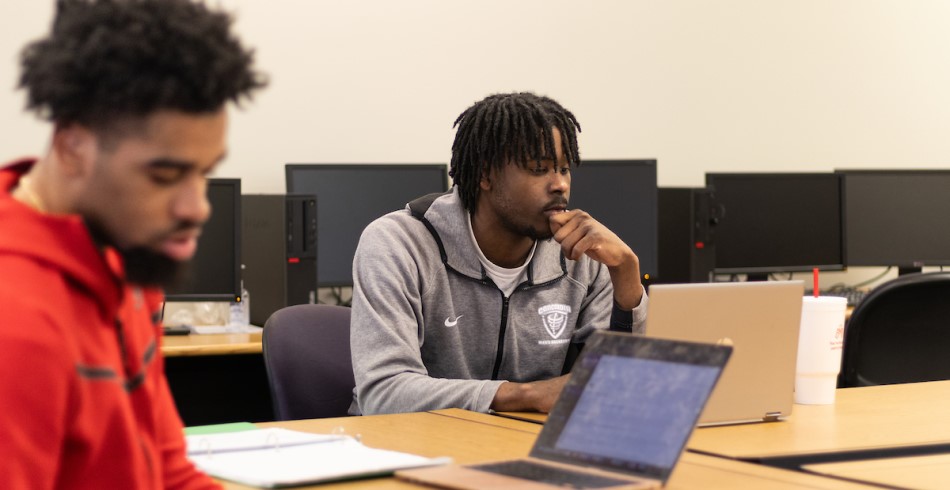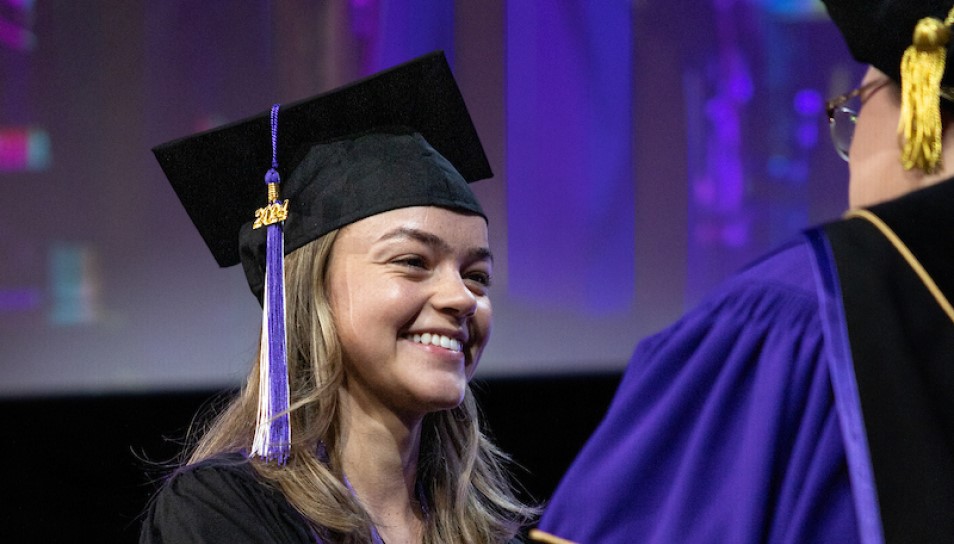Why Engineering is the Best Major for Student-Athletes

Student-athletes have a unique skill set that makes them excellent candidates for engineering degrees. The discipline, teamwork, and problem-solving abilities developed in sports translate directly to high-paying engineering careers in biomedical, mechanical, civil, electrical, and chemical engineering.
For those wondering "Is engineering a good major for athletes?", the answer is yes. Engineering is one of the best STEM degrees for student-athletes because it offers strong job security, career flexibility, and opportunities in sports technology.
Why Student-Athletes Excel in Engineering
Many of the skills that drive success in college athletics are also essential for engineering majors:
- Problem-Solving & Critical Thinking – Engineers and athletes both analyze data, adapt strategies, and improve performance.
- Time Management – Student-athletes must balance rigorous sports training with a demanding engineering school curriculum.
- Resilience & Focus – Just as athletes push through setbacks, engineers refine solutions and overcome technical challenges.
Because of these skills, many engineering jobs for athletes exist in fields that combine sports, technology, and innovation.
Best Engineering Majors for Athletes & Sports Careers
1. Biomedical Engineering – For athletes interested in sports medicine, injury prevention, and wearable technology.
- What They Study: Biomechanics, medical devices, and rehabilitation technology.
- Career Paths: Working with sports tech companies, medical research labs, and athletic rehabilitation centers.
2. Mechanical Engineering – For those who want to design athletic equipment, race cars, or robotics used in training.
- What They Study: Fluid mechanics, machine design, and materials science.
- Career Paths: Sports equipment manufacturing, aerospace engineering, and prosthetic design.
3. Civil Engineering – For student-athletes interested in designing stadiums, roads, and sports complexes.
- What They Study: Structural engineering, transportation systems, and urban planning.
- Career Paths: Stadium design, city infrastructure, and athletic facility development.
4. Electrical Engineering – For those drawn to AI-driven sports analytics, smart wearables, and stadium technology.
- What They Study: Signal processing, robotics, and power systems.
- Career Paths: Sports tech startups, AI-driven sports analysis, and renewable energy systems.
5. Chemical Engineering – For athletes interested in nutrition, energy drinks, and material science for performance gear.
- What They Study: Process engineering, materials development, and sustainability.
- Career Paths: Developing high-performance sports supplements, eco-friendly athletic gear, and chemical safety standards.

How Engineering Benefits Athletes After Graduation
Choosing engineering as a major is not just about academics—it’s a strategic career move. With an engineering degree, student-athletes can pursue:
- High-paying engineering careers in sports technology, AI, biomechanics, and renewable energy.
- Internships & industry connections through STEM programs that value athletic discipline.
- Flexible career paths that allow for graduate school, coaching, or entrepreneurship in sports innovation.

Balancing Engineering & College Athletics at Concordia Texas
At Concordia University Texas, student-athletes don’t have to choose between competing in sports and earning an engineering degree. Through our dual-degree partnership with the University of North Dakota (UND), students can:
- Earn two degrees – a BA in Mathematics or Chemistry from Concordia Texas and a BS in Engineering from UND.
- Stay in Austin while completing engineering coursework online.
- Receive personalized academic support from faculty who understand the unique demands of student-athletes.
FAQs: Engineering Majors for Athletes
Q: Is engineering a good major for college athletes?
A: Yes! Engineering is one of the best STEM degrees for student-athletes because it develops critical thinking, problem-solving, and leadership skills, all of which translate to high-paying careers.
Q: What are the best engineering careers for former athletes?
A: Many former athletes find success in sports technology, biomechanics, and mechanical engineering. Careers include sports equipment design, AI-driven performance analytics, and medical technology development.
Q: Can I pursue engineering and sports at the same time?
A: Yes! Concordia Texas offers a flexible dual-degree engineering program that allows student-athletes to balance sports, academics, and career preparation.
Why Engineering is a Winning Choice
For student-athletes who want a competitive edge in the job market, an engineering degree provides flexibility, job security, and high earning potential. Whether designing sports equipment, advancing medical technology, or improving infrastructure, engineers shape the future of athletics and beyond.
Thinking about majoring in engineering? Learn more about Concordia Texas’s dual-degree engineering program and see how you can excel in sports and STEM.
Request Information